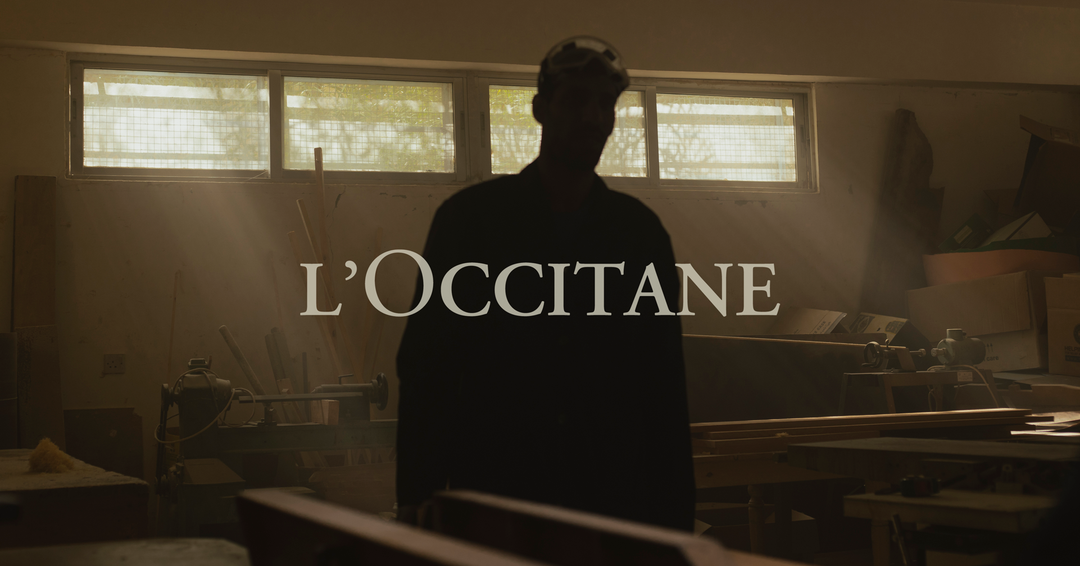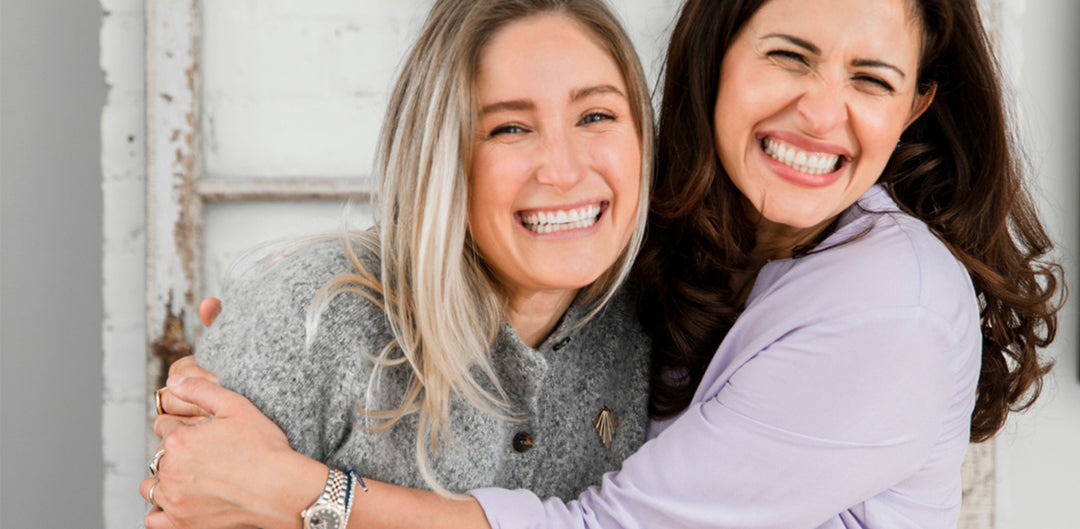Sips with Sitti: S1 E7:" What does an "inclusive global economy"mean?" w/ guest Laura Cretney, CEO of Pink Jinn!

Cretney is a PhD student at Durham University researching diaspora mobilization in the Yemen conflict. Her brand, Pink Jinn, is a socially conscious lifestyle brand inspired by the Middle East and North Africa, which promotes cross-cultural interaction and supports businesses, social enterprises and charities working with survivors of conflict and vulnerable women in the region. Laura has also worked in the International Development field for over five years, designing and managing projects across the Middle East.

“I really think that what we were just talking about, about crossing, that kind of bridging these different areas is such a huge part of that, and I think that one of the biggest challenges to creating an inclusive global economy is this kind of gulf that exists between business and charity, or business and humanitarian work. I think that’s certainly something that I’ve kind of struggled with the same as you guys just defining what my organization is, and I think we really, if we want to create an inclusive global economy I really think this is something that we need to kind of reframe, the way we need to think about, I mean there’s sort of different standards that exist for businesses and for charities, rightly so, but they’re not necessarily always completely helpful”
(Laura explaining the meaning of an inclusive global economy, and the roles of businesses and non-profits in today’s market)
32:16
“…going back to this concept of like company versus non-profit, and spending money on different line items, yeah you have this real, like unreal expectation, it’s an unrealistic expectation for a non-profit to not invest in the longevity of their organization and that’s really what marketing is, it’s storytelling, it’s being able to, it’s part of the transparency process, it’s part of being transparent with the people who are your donors, your supporters, your clients, your employees on the ground, your colleagues
(Jackie distinguishes the role of a charity versus a for-profit, impact driven business)
37:00
“People also, and this could be overgeneralization, but there’s also a sense of, you know I donated, my work here is done, or I think it’s important to realize like some of these communities have long, protracted conflicts, that you know the one donation yes, might get them that one blanket potentially, that they need, but there are other intrinsic issues that are very deep rooted in these communities that don’t, that are not resolved overnight”
(Noora explains the need for longevity of support when it comes to maintaining the livelihoods of refugees)
39:00
“So Pink Jinn kind of started by accident really, it was never supposed to be a business, I started it actually as a blog about 5 or 6 years ago now when I just moved back from Oman and I was getting so many questions from people back home saying did you feel safe out there, what’s it like for a woman out there, and at the time there wasn’t really a huge amount on online, there’s so much more now but back then there wasn’t really a huge amount of information online about the region unless you really looked for it that wasn’t at a very political, kind of very like coming through the media which is overwhelmingly negative and kind of played with these stereotypes of the region, or kind of lifestyle, fashion, quite superficial and so I wanted to kind of bring that together more and look at culture and politics in a more holistic way”.

“Laura describes how she established Pink Jinn”
43:12
“I mean I guess for Pink Jinn it’s slightly different in that we’re not producing the products ourselves, we’re sourcing from businesses, social enterprises, artisans and I think the supply chain aspect of that is hugely important, and it’s also something that I am kind of learning a lot as I go along, I mean, so for me, my kind of process is, when I find a supplier that I want to work with or a product that I love, I want that supplier to be very much a stakeholder in my business and I want to build a relationship with that supplier that lasts over time, you know I don’t want to be just buying from random people every now and again and not knowing who I’m buying from and then I try to use the website, the blog, our social media channels to tell the story behind our product and the story behind the community”
“Q: For Pink Jinn, how do you ensure that those communities are receiving a return on those investments?”
49:50
“And I think you touched on a really good point which is, you may not be manufacturing this stuff yourself, but you’re a very key component to this artisan that relies on this global economy where he has someone that he can supply his products you know at a fair price, that is purchased, that can kind of can value and retell his story in another way that he resell because on his own he can’t do it, or she can’t it, and it’s important that’s where we come in as social enterprises, as resellers, as markets, and social entrepreneurs, that’s where we come in to work with these like-minded communities that we want to tell their story and use our platform in a way to do so.”
(Noora discussing the importance of working with local artisans to give their businesses a connection to the outside world)
52:40
“And a living wage and all these things that require self-reliance, it goes beyond also the storytelling and I think that’s the biggest challenge in some way for companies and social enterprises is being accountable to those really like critical ways of living and for these communities to be able to, to be self-reliant, to not rely on just charitable work”
(Jackie follows up)
55:00
“Q: Laura, what is one of the biggest or most difficult life lessons you’ve learned while working to raise more awareness and cultural understanding about the region?”
“I think the hardest thing that I’ve had to learn is not everybody is going to care, and that’s a really really hard thing to learn especially when you’re in this, when you’ve created this project or this organization and you’ve put so much of yourself into it, and also I think people kind of, people feel things and understand things in a different ways like for me I really feel things that I see, like I take on other people’s stories and I have this weird rollercoaster where I get really really down about the world sometimes, but then I’m trying to reframe it as my superpower because I come out the other side and I’m okay, let’s do something about it…I think it’s really hard sometimes to accept that not everybody is going to care about a particular issue in the same way that you do, and that doesn’t mean that they’re not good people or that they don’t have empathy, it’s just that people experience that in different ways
56:25




Leave a comment